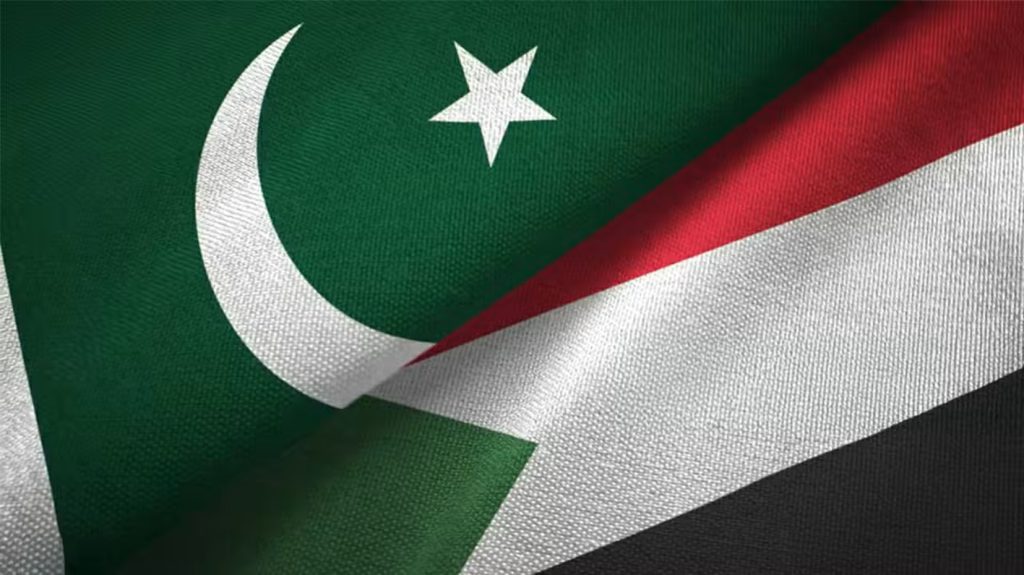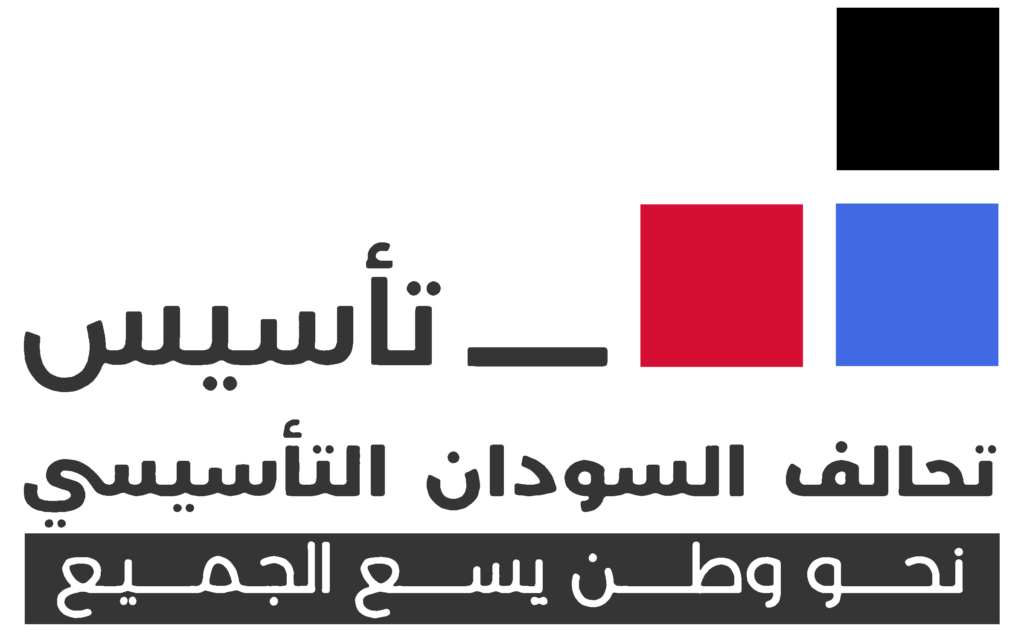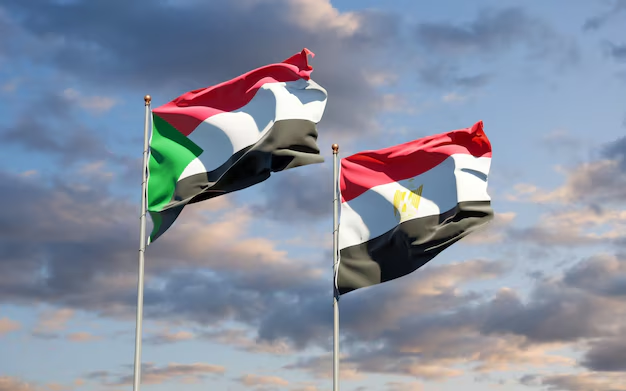
Sudan’s military-controlled government has suspended its involvement in the Integrated Food Security Phase Classification (IPC) system just as a new report is expected to reveal famine spreading to five regions of the country. The decision, announced in a government letter, could further complicate efforts to tackle one of the world’s most severe hunger crises.
The letter, dated December 23, accused the IPC of producing “unreliable reports” that undermine Sudan’s sovereignty. It coincides with the imminent release of an IPC report, which forecasts famine expanding to ten regions by May, driven by ongoing conflict and limited humanitarian access.
Humanitarian organizations expressed alarm over Sudan’s withdrawal, warning it could cripple the international community’s ability to respond effectively. “This move leaves us navigating a growing hunger crisis without reliable data,” said an NGO leader who spoke anonymously.
The IPC, a global body funded by Western nations and supported by 19 major humanitarian organizations, relies on partnerships with national governments to monitor food insecurity. However, its operations in Sudan have been severely hampered since civil war erupted in April 2023 between the military-led government and the Rapid Support Forces (RSF).
Humanitarian Impact of the Withdrawal
Critics argue that Sudan’s decision prioritizes national pride over humanitarian needs. “This is part of a long-standing pattern of famine denial by Sudanese authorities,” said Alex de Waal, a leading famine expert. “The government’s concern for sovereignty often overshadows its responsibility to protect lives.”
The IPC report, set for release on December 24, highlights the growing challenges of data collection in conflict zones, including areas under RSF control. Sudan’s government has already been accused of obstructing IPC activities, including delaying famine assessments in critical areas like Zamzam camp, where some displaced individuals have resorted to eating leaves to survive.
Broader Implications
Sudan’s withdrawal reflects a troubling global trend. Governments in Myanmar, Yemen, and Ethiopia have similarly blocked or manipulated hunger data to suppress findings. This raises concerns about the ability of international bodies to monitor food crises in politically sensitive contexts.
Despite government claims of improved agricultural output this year, experts argue that without independent assessments, such assertions lack credibility. “With millions at risk of starvation, the lack of transparency will only deepen the crisis,” warned the NGO source.
The IPC has not yet commented on Sudan’s withdrawal. Meanwhile, the hunger crisis in Sudan continues to escalate, with millions dependent on international aid and facing an uncertain future.




